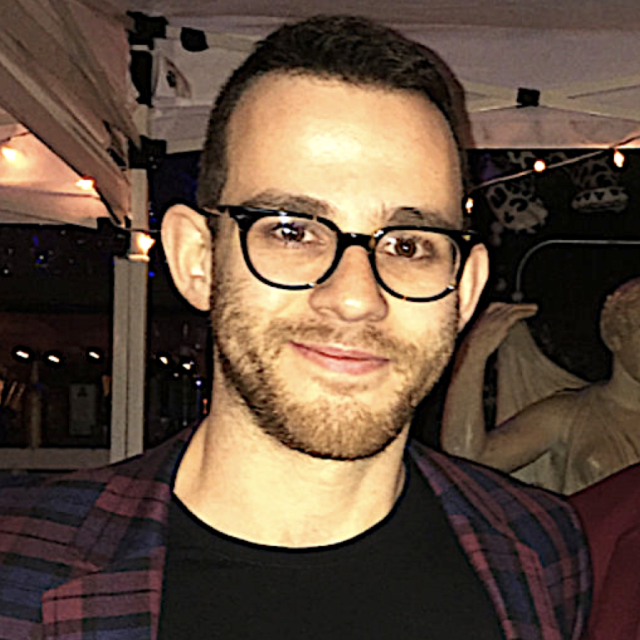Using 3D “Mini-Brains” to Unlock the Origins of Mental Disorders
Date/Time
Date(s) - Wednesday, October 23, 2019
7:00 pm - 9:00 pm
Location
Biotech Without Borders
Categories No Categories
Mental illnesses are common disorders of the brain – 50% of us are likely to experience them in our lifetimes, and 20% of the worldwide population is likely to be experiencing mental health issues at any given moment. Despite the fact that mental health disorders appear to be rising, big pharma has severely divested away from drug discovery for mental disorders – meaning new drugs are not on the horizon as they used to be. This is for numerous reasons, but a root problem has been that science hasn’t definitively pinpointed the causes for any mental disorder yet. Thus, if we don’t understand the brain origins of mental disorders, we may never see the development of safe and efficacious treatments that lack the side effects of existing drugs.
This talks advocates for a new way forward: because we can’t ethically study brain mechanisms of mental disorders in humans, can we unlock their origins by engineering stem cells to grow neurons, other brain-cells, or even a human brain itself? You’ll learn how human stem cells can be engineered to study brain health and disease. I will also talk about schizophrenia as an example of a disease that can be studied by growing self-developing 3D human brain-like tissue within the lab. The limitations of this 3D stem cell organ-development technology, and its broader importance to other brain disorders such as autism will also be discussed.

Dr. Michael Notaras is a researcher at Weill Cornell Medical College of Cornell University. Mike’s primary interest is to disambiguate the neurobiology responsible for mental disorders. A personal goal from this work is to reduce stigma via advocating that “mental disorders” are not just “psychological” but rather “disorders of the brain”.
Mike was awarded his PhD in Neuroscience from the Florey Institute of Neuroscience & Mental Health at the University of Melbourne, Australia, where he studied stress-sensitivity and the long-term effects of stress on the brain. Mike moved to New York City in 2016 and has since pivoted his research towards the molecular-genetic mechanisms that underlie autism and schizophrenia. To study these brain diseases, Mike has acquired unique multi-disciplinary training in human cognitive science, genetically-engineered mouse models, neurochemical approaches including CLICK-chemistry, microfluidic devices for synaptic compartmentalization, multielectrode single-unit recordings of neurons, sequencing of single-cells captured in “nanodroplet gem emulsions”, tandem-mass-tag proteomics, human induced pluripotent stem cells, and 3D neural stem cell systems. When not in the laboratory, Michael likes to explore New York’s food scene, paint, and write. He is currently working on a couple of books related to mental health advocacy.

